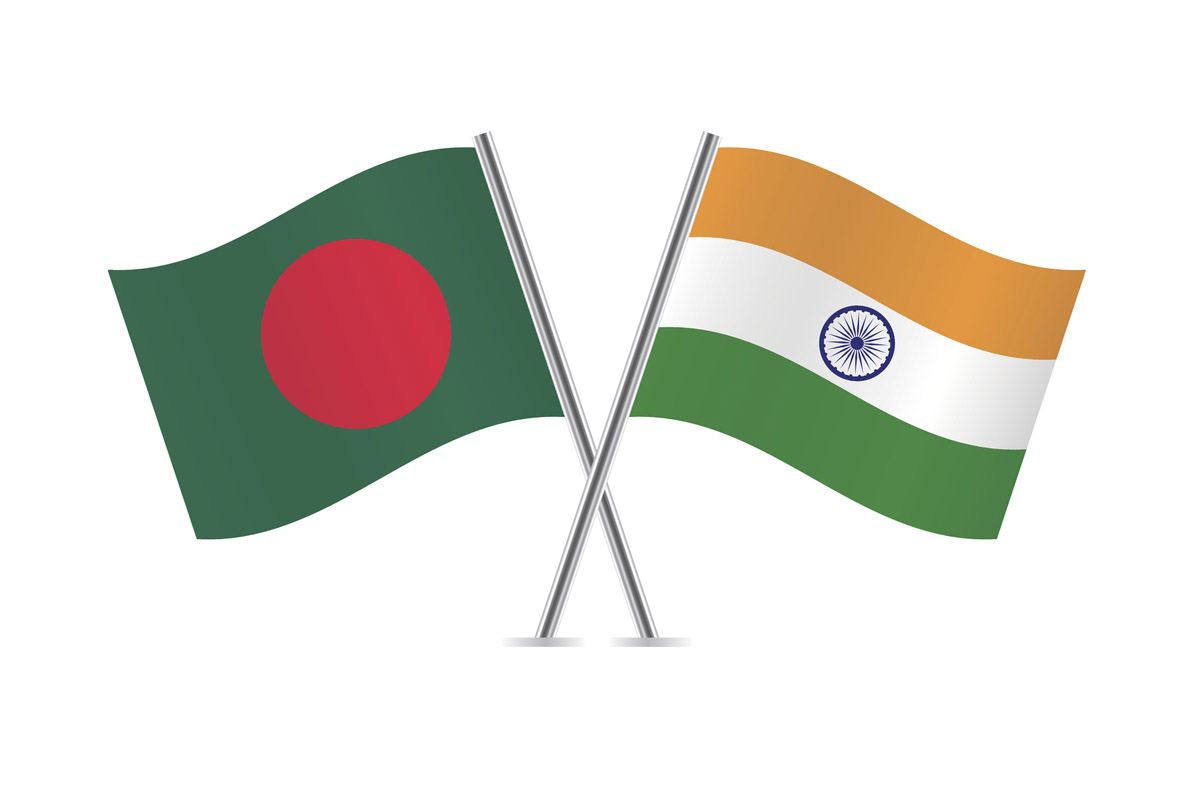Nearly a fortnight after Prime Minister Narendra Modi’s visit to Dhaka, diplomats, experts and politicians have pitched for forging a ‘youth maitri bridge’ by roping in the next generation in both India and Bangladesh to take bilateral ties to new heights.
Setting the tone for increasing youth exchanges, India’s High Commissioner to Bangladesh Vikram Doraiswami underlined the need for greater involvement of young people in taking India-Bangladesh relationship forward.
Advertisement
“We are both among the youngest countries in the world in terms of youth profile and profile of the population,” he said at a webinar organised by India Writes Network and India and The World magazine.
The Indian envoy underscored the imperative of shaping the bilateral relationship in such a manner that is relevant to the next generation of Indians and Bangladeshis, which is where technology, trade, travel and the ease of doing business and the ease of connecting with each other comes in as essential focal points.
In a similar vein, Nahim Razzaq, a Member of Parliament from the ruling Bangladesh Awami league, spoke about the need for creating an ecosystem where India and Bangladesh can connect the youth of both of these countries.
“India is central to Bangladesh in every sense of the word. It is not only within the bilateral, but also within the regional and international framework,” said Shahidul Haque, Bangladesh’s longest-serving foreign secretary, who retired last year.
Other eminent diplomats and experts who spoke at the webinar, included India’s former High Commissioner to Bangladesh Veena Sikri, Anil Wadhwa, Former Secretary (East) in the External Affairs Ministry Anil Wadhwa, Dhaka University Professor Amena Mohsin, RIS Professor Prabir De and Manish Chand, Editor-in-Chief of India Writes Network.
Responding to a question on rising fundamentalism and radical i sm in Bangladesh, Mohs in stressed on drawing a distinction between violent extremism which is religious centric and the use of politics in the domestic arena. “I don’t think it will have any major impact in its relations with India because we have seen the rise of religious nationalism in our neighbourhood also but that has not affected the foreign policy aspects or bilateral relations between countries,” she said.
Ambassador Wadhwa highlighted the importance of Bangladesh for India’s Indo-Pacific policy and Act East strategy and highlighted that Bangladesh can gain substantively from connectivity, infrastructure and trade which is a primary Indian agenda in the Indo- Pacific. He, however, rejected the notion of a rivalry with China and underscored that India should focus on its own model of engagement.
